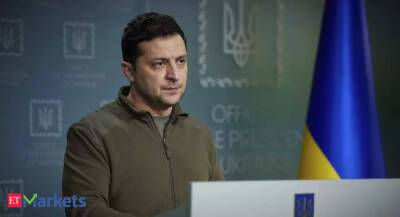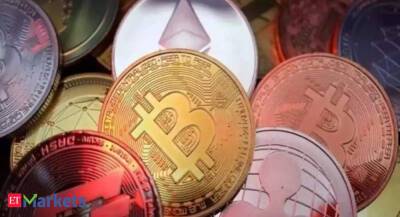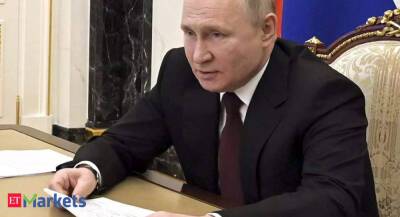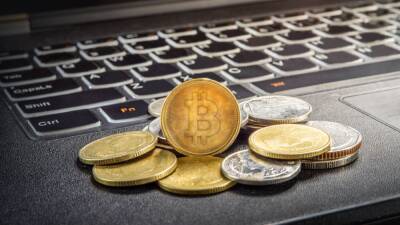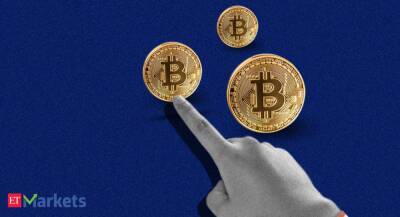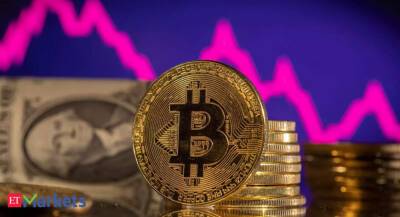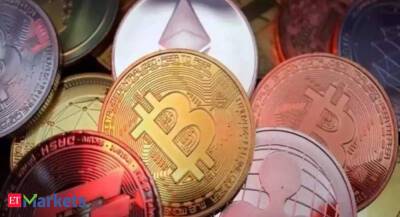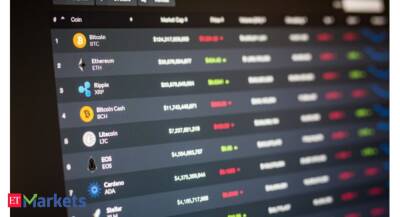Russia could use cryptocurrency to blunt the force of US sanctions
Since then, the global market for cryptocurrencies and other digital assets has ballooned. That is bad news for enforcers of sanctions and good news for Russia. On Tuesday, the Biden administration enacted fresh sanctions on Russia over the conflict in Ukraine, aiming to thwart its access to foreign capital. But Russian entities are preparing to blunt some of the worst effects by making deals with anyone around the world willing to work with them, experts said. And, they say, those entities can then use digital currencies to bypass the control points that governments rely on — mainly transfers of money by banks — to block deal execution.
Presented ByDid you Know?
A statue honouring mysterious Bitcoin founder Satoshi Nakamoto was unveiled in a business park near the Danube River in the Hungarian capital Budapest
View Details »“Russia has had a lot of time to think about this specific consequence,” said Michael Parker, a former federal prosecutor who now heads the anti-money laundering and sanctions practice at Washington, D.C., law firm Ferrari & Associates. “It would be naive to think that they haven’t gamed out exactly this scenario.” Sanctions are some of the most powerful tools the United States and European countries have to influence the behavior of nations they don’t consider allies. The United States in particular is able to use sanctions as a diplomatic tool because the dollar is the world’s reserve currency and used in payments worldwide. But American government officials are increasingly aware of the potential for cryptocurrencies to lessen the impact of sanctions and are stepping up their scrutiny of digital assets. To apply sanctions, a government makes a list of people and businesses its citizens must
Read more on economictimes.indiatimes.com